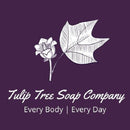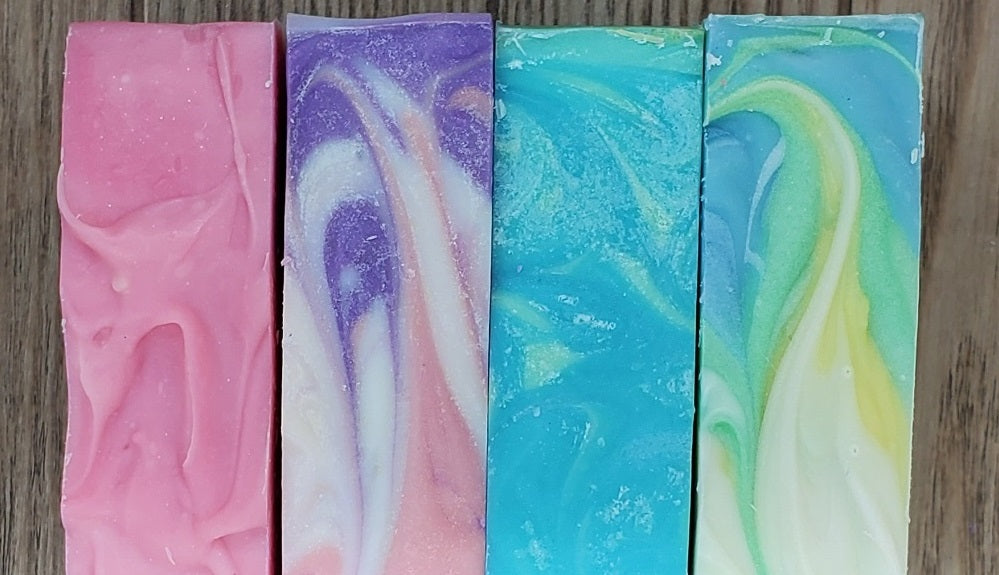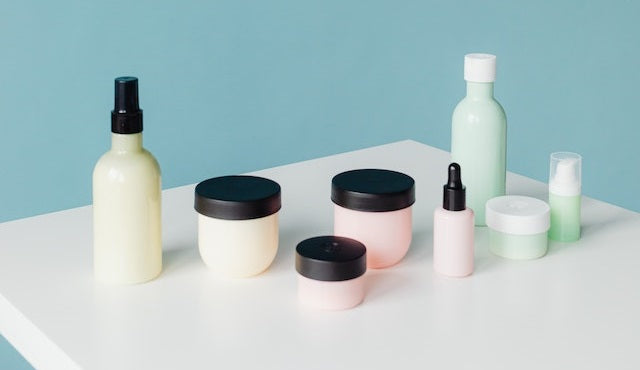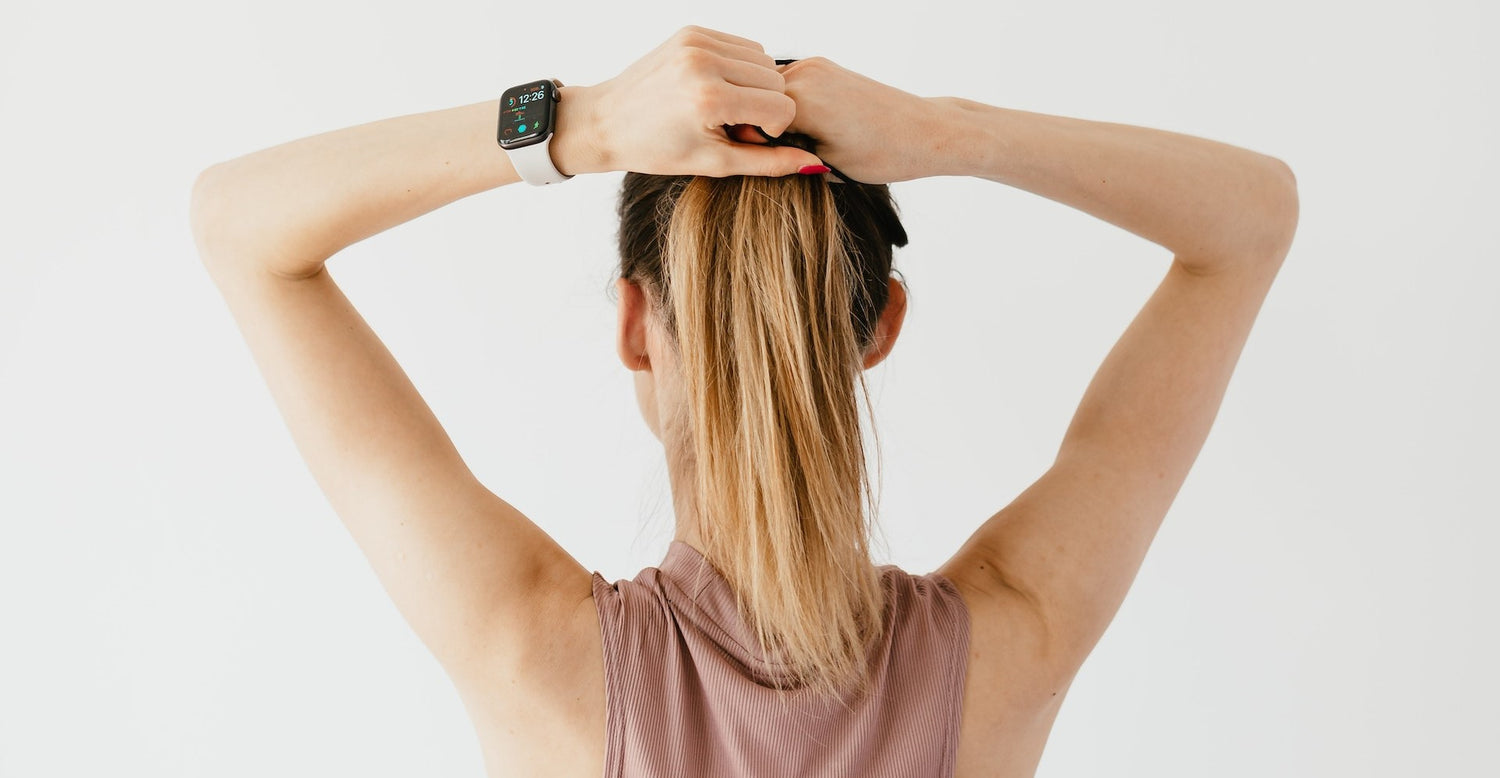
Aloe Vera is one of the most widely known and used ingredients in skin care, and with good reason. From skin care products featuring it to DIY treatments for sunburn, it's been used for over 6,000 years. But lately, aloe has reached the status of a "superfood," used as a home remedy and supplement for everything from teeth to tummy troubles.
So, is aloe really a convenient cure-all or is it another fad?
What Is Aloe Vera?
We all know what aloe is and what it looks like, but let's take a closer look. It was originally traced back to Ancient Egypt around 6,000 years ago where drawings of the plant were discovered. Scientifically called aloe barbadensis, it's a shrubby succulent with thick, fleshy leaves that grow up to 20 inches long. Not only does it grow wild, it's cultivated commercially, and of course, it's a popular houseplant.
Inside the leaves is a jelly-like substance that's actually water-filled tissue that lets the plant survive in dry, harsh climates. That gel also contains over 75 active ingredients, including Vitamins A, B12, C, and E plus choline, which is a key ingredient in cellular health and nervous system support. It also has essential amino acids and polyphenols - plant compounds that act as antioxidants and reduce inflammation.
Medical and Health Uses for Aloe
Skin Care
Skin care is the most common association we all have with aloe, specifically burns and sunburns. The gel not only soothes irritation and itching associated with rashes, minor burns, and sunburns, but it's got anti-bacterial, antiviral, and antiseptic properties from the wound-healing polyphenols in the gel.
For more serious skin issues studies show it can also be beneficial. One study found that using a 0.5% aloe extract on psoriasis for four weeks led to a reduction in itching and plaque buildup.
Dental Care
The anti-inflammatory and antibacterial properties also lend itself to aiding in dental health. One study showed that brushing with an aloe-based tooth gel had the same ability to reduce cavity-causing bacteria than traditional toothpaste and is less harsh and abrasive.
Rinsing with aloe vera juice can also act as an effective mouthwash and can reduce pain associated with canker sores or irritation. It's important to note that aloe-based tooth gels on the market (or homemade ones) don't contain fluoride so it may be beneficial to double up if you want to try it and definitely ask your dentist about making a change.
Hair Care
If you want healthy hair, you need a healthy scalp. Whether your scalp is dry, irritated, or you have seborrheic dermatitis (itchy, thick flaking sections on the scalp), again, it's aloe to the rescue. Fresh gel, especially when blended with coconut oil, can be massaged into the scalp as a treatment - leave it on for 30 minutes or so, then use a gentle, sulfate-free shampoo bar to wash your hair.
Digestive Treatment
If you suffer from acid reflux or GERD, a small study showed that there may be some relief found in a tablespoon of aloe vera juice. The anti-inflammatory properties can ease the symptoms and cool heartburn.
Just like any supplement, medicine, natural treatment, or anything you try, especially when taken internally, talk to your doctor.
How to Use Aloe Vera at Home
If you want to try aloe fresh from the source, get a plant and have at it! Aloe is generally pretty easy to grow, and you can get the gel out of it pretty easily. Try this:
- Remove a leaf from the outside of the plant;
- Check for any mold or damage (if you see any, discard it);
- Cut close to the stem, wash and dry it, then trim the prickly barbs;
- Slice the side of the leaf longways and scoop out the gel from inside.
Check Out Our Silky Aloe Lotion
If you want to nourish your skin with pure aloe and you a) have a black thumb (like me), b) don't have time for plants (also like me), or c) know your cat/dog/children will eat the plant (also like me), check out our silky aloe lotion. With pure aloe juice, apricot kernel, olive oil, and glycerin, this handmade lotion can soothe and protect your skin from dryness, mild sunburn, and irritation.





1 comment
Mica is an ingredient in your soaps? Is it ethically sourced?